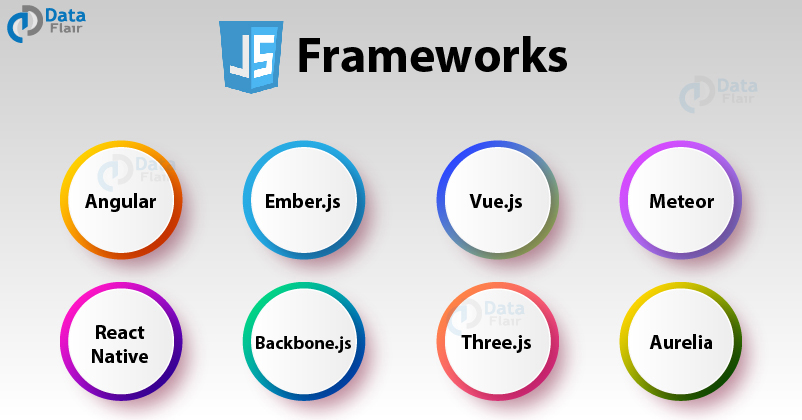CXBOS Insights
Your daily dose of news, insights, and information.
Framework Face-off: Which JavaScript Choice Will You Make?
Discover the ultimate showdown in JavaScript frameworks! Uncover the best choice for your project and boost your coding skills today!
React vs. Vue.js: Which Framework Fits Your Development Style?
When it comes to choosing between React and Vue.js, your development style plays a pivotal role in making the decision. React, developed by Facebook, is a library that emphasizes a component-based architecture, providing flexibility and reusability. This approach allows developers who enjoy a more customizable environment to easily integrate various libraries and tools, tailoring their project to fit unique requirements. On the other hand, Vue.js offers a more opinionated framework with a gentle learning curve, making it an attractive option for beginners or those who prefer convention over configuration.
Ultimately, the choice between React and Vue.js should align with your personal preferences and project needs. If you prioritize a flexible structure and enjoy working with a vast ecosystem, React might suit you best. Conversely, if you value simplicity and an easier onboarding process, Vue.js could be the ideal fit. Consider factors such as community support, performance, and long-term scalability when making your selection, as these can significantly impact your development experience.

Angular vs. Svelte: A Comprehensive Comparison for Modern Web Development
Angular and Svelte are two popular frameworks for building modern web applications, each with its unique strengths and use cases. Angular, developed by Google, is a powerful framework known for its robust structure, dependency injection, and two-way data binding. It's particularly well-suited for large-scale applications that require a solid architecture. On the other hand, Svelte is a newer entrant that takes a different approach by compiling components at build time rather than using a virtual DOM. This results in smaller bundle sizes and faster performance, making it an attractive option for developers who prioritize speed and simplicity.
When comparing Angular and Svelte, it's essential to consider several factors:
- Learning Curve: Angular has a steeper learning curve, requiring developers to understand TypeScript and concepts like RxJS, while Svelte's syntax is straightforward and easier for beginners.
- Performance: Svelte often outperforms Angular in terms of speed due to its compile-time optimizations.
- Community and Ecosystem: Angular benefits from a large community and extensive resources, whereas Svelte is rapidly growing but still has fewer third-party libraries available.
Choosing the Right JavaScript Framework: Key Factors to Consider
When it comes to choosing the right JavaScript framework, several key factors can significantly influence your decision. First and foremost, consider the project requirements you are working with. Different frameworks excel in various scenarios; for instance, React is well-suited for building complex user interfaces, while Vue offers simplicity and ease of integration for smaller projects. Additionally, assess the community support and documentation available for each framework, as having a strong community can facilitate learning and troubleshooting.
Another critical factor is the performance and scalability of the framework. Some frameworks are optimized for speed and can handle large datasets efficiently, which is essential for applications expecting high user traffic. Consider also the learning curve; if your team is already familiar with a particular framework, it may speed up development time significantly. Lastly, think about the long-term viability of the framework—opt for one that is actively maintained and frequently updated to ensure your project remains current and secure.